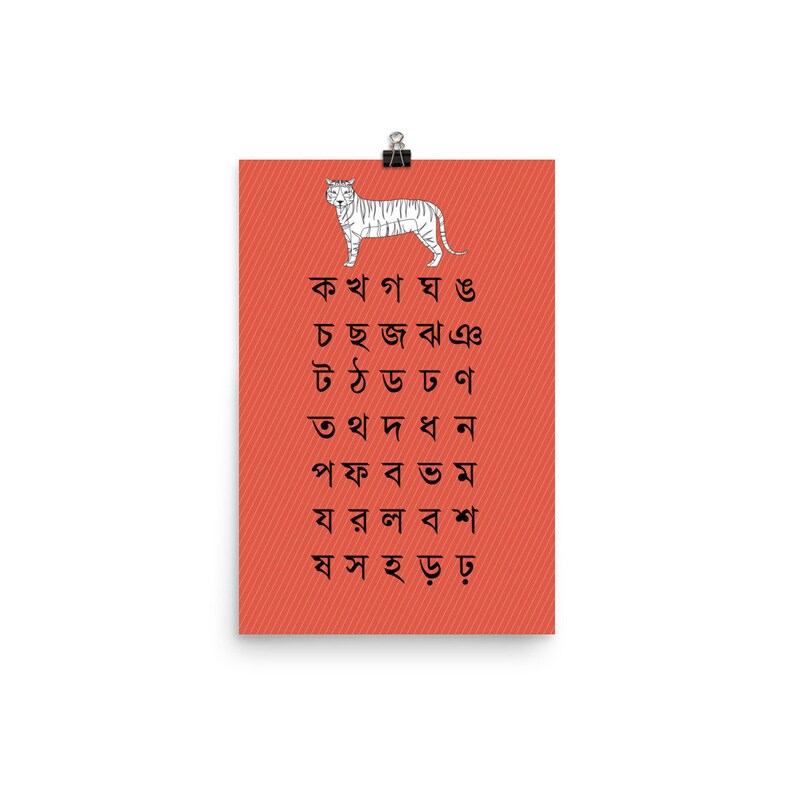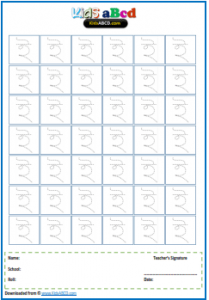
All of them are used in both Bengali and Assamese, the two main languages using the script. The sbôrôbôrnôs represent six of the seven main vowel sounds of Bengali, along with two vowel diphthongs. The Bengali script has a total of 11 vowel graphemes, each of which is called a স্বরবর্ণ sbôrôbôrnô "vowel letter".

The Bengali script can be divided into vowel diacritics, consonant and vowel letters (including consonant conjuncts), modifiers, digits, and punctuation marks. Today, the script holds official script status in Bangladesh and India, and is associated with the daily life of Bengalis. It was later standardized into the modern Bengali script by Ishwar Chandra under the reign of the East India Company. The Bengali script was originally not associated with any particular language, but it was often used in the eastern regions of Medieval India and then in Pala Empire and later continued to be specifically used in the Bengal region. It also uses the Assamese script character sounding wô',' represented as ৱ, which is absent in the Bengali script. The version of the script used for Manipuri is also a different variation it uses the rô, represented as র in Bengali script without the different representation as in Assamese script.

5.1 Article 1 of the Universal Declaration of Human Rights.2.7 Characteristics of the Bengali text.


 0 kommentar(er)
0 kommentar(er)
